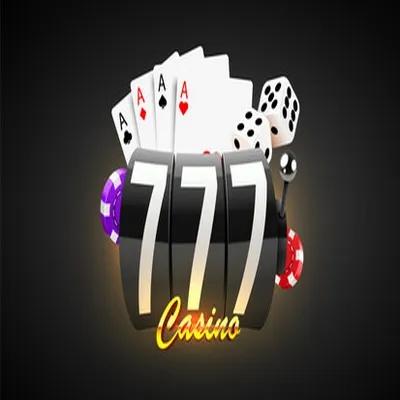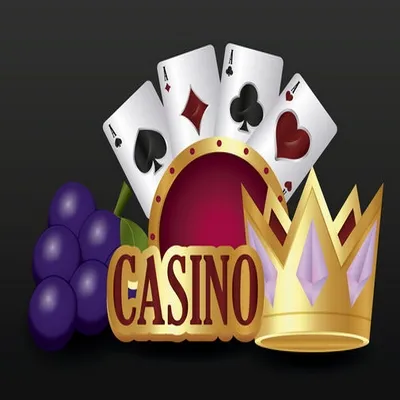66
$18384
66An effective betting strategy also depends on choosing the right types of bets and matches to participate in. Each type of bet has different characteristics and winning rates, so you need to know clearly the types of bets you are participating in and choose the bets that suit your strategy. For example, Asian handicap can bring high winning chances if you analyze the lineup and performance correctly, while over/under bets can bring good profits if you carefully study the scoring trends of the teams.
Continuing with the important strategies and factors in online betting, betting on less popular sports is also a way to create an advantage for players. Sports such as billiards, eSports, or sports that are not in the major leagues often receive less attention, but this is an opportunity for players to bet on less participated bets with attractive odds. These sports often have less analysis and predictions from experts, helping players find high-value bets. Keywords such as "billboard betting", "eSports betting", or "little known sports betting" will help players find these opportunities.
Product description

66The Champions League is Europe's premier football tournament, and betting on the number of yellow cards in matches in this tournament is always very attractive to bettors. Bettors can bet on the total number of yellow cards that the referee will hand out during the match.
Gambling, or betting, is an activity that humans have been involved in for thousands of years. From simple games to grand casinos and modern online sports betting, this industry has gone through a long journey of development. The following article will review important milestones in the history of the betting industry. Betting is not a new concept, but has existed since ancient civilizations. Archaeological evidence shows that, as early as the Babylonian and Egyptian periods, people participated in games of chance, often in forms of betting involving cards or dice games. Betting in Greece and Rome: Ancient Greek and Roman civilizations organized horse races and sports competitions, where people could bet on the outcome of events. Chariot races in Rome and arena sports were among the earliest forms of betting known to mankind. These games were not only part of the entertainment culture but were also associated with religious beliefs and rituals. Dice and card games were also used as a form of betting from this period, although there was no formal system or rules. Cards in particular appeared in China around the 9th century and gradually spread to other regions such as India and Europe. Betting flourished in Europe in the 17th and 18th centuries, when casino games began to become more popular. The first casino opened in Venice, Italy in 1638. This was the first place with formal betting organization and procedures. The first casinos mainly served the nobility and the wealthy, and were only open on special occasions such as festivals. The first casino in Venice (1638): The first casino opened in Venice, Italy in 1638. This was the first place with formal betting organization and procedures. The first casinos catered mainly to the nobility and the wealthy, and were only open on special occasions such as festivals. Horse racing betting: Horse racing was one of the first popular forms of sports betting and began to become part of the betting culture in Europe in the 18th century. The first horse races were held in England, where a strong horse racing industry developed, with famous races such as The Derby. Gambling and sports competitions: In the 19th century, gambling games at casinos and sports competitions such as football and horse racing began to become popular events that people bet on. In the 20th century, the betting industry continued to thrive, especially after countries began to legalize and regulate the industry. The city of Las Vegas in the United States emerged as the "gambling capital" of the world in the 1930s when Nevada legalized casino games. Las Vegas casinos have become an icon of the gambling industry, attracting tourists and gamblers from all over the world. Famous venues such as the Bellagio, Caesars Palace and The Venetian have become symbols of luxury and the gambler's lifestyle. Sports betting officially flourished in the 1940s and 1950s, especially in Las Vegas casinos. Sports such as football, basketball, and horse racing began to attract the attention of bettors. By the late 20th century, sports betting had gone beyond entertainment and had become a professional industry with major organizations and tournaments, such as the Super Bowl (USA) and the Premier League (UK).

One of the effective ways to manage your finances is to divide your betting budget into daily or weekly amounts. This not only helps players control their spending but also helps avoid “chasing losses”, which is trying to double or increase your bets to make up for previous losses. This often leads to bad decisions and can result in losing a large portion of your betting capital. Players should always remember that betting is a form of entertainment and not a way to make money in the long run.
The odds for substitution bets range from 2:1 to 5:1, and vary depending on the coach's tactics and the match situation. Matches with tactical changes or changes in lineup will have high odds for the number of substitutions.











